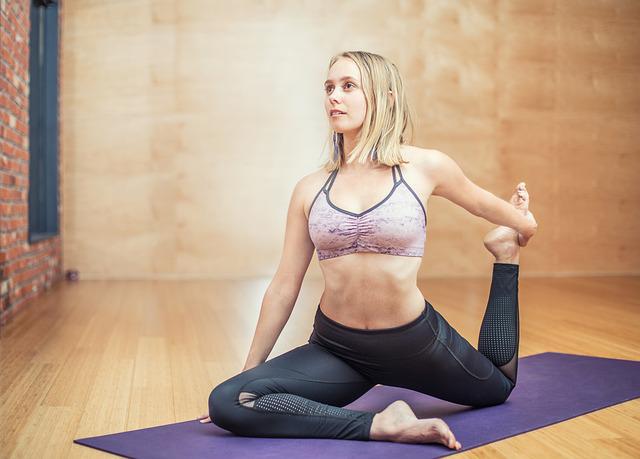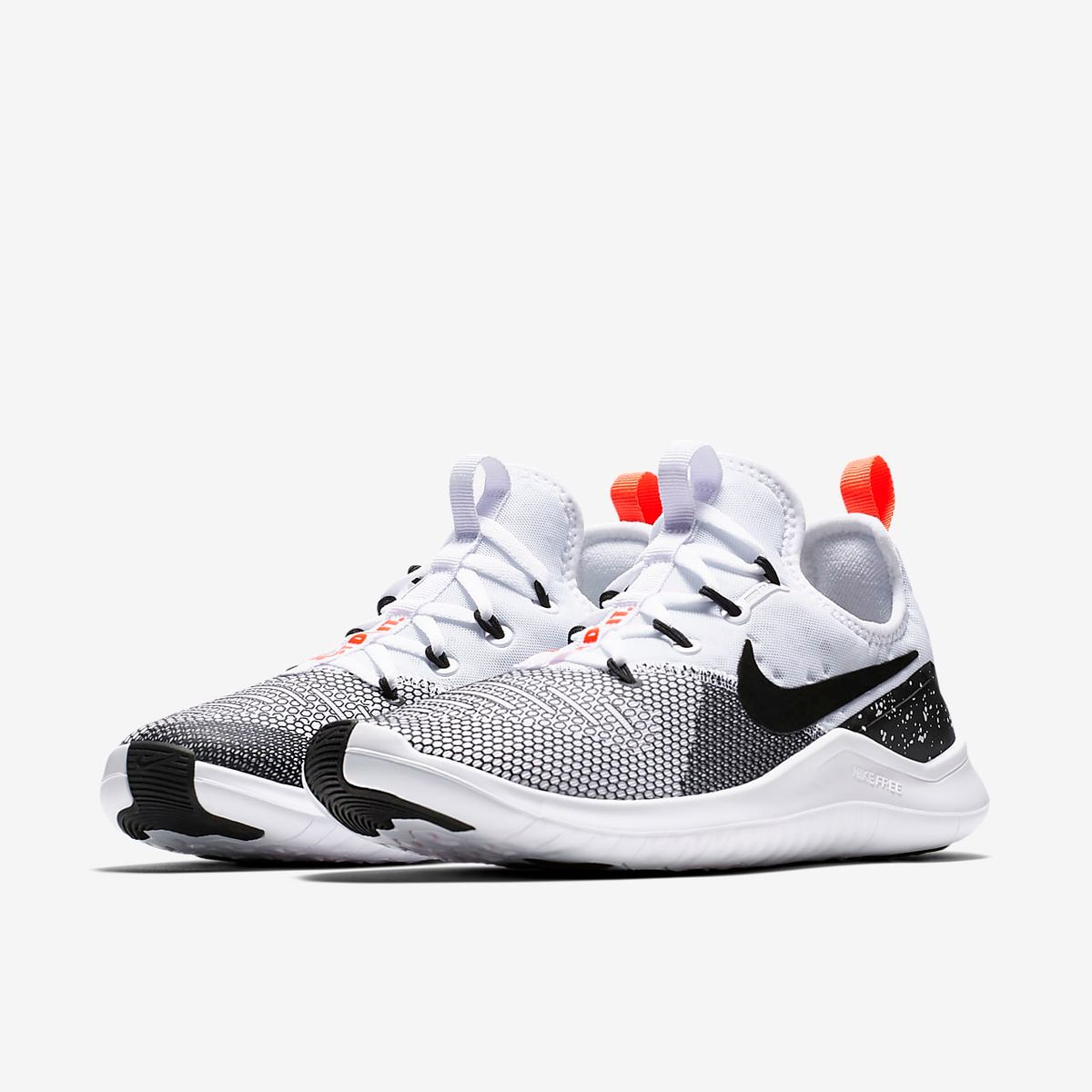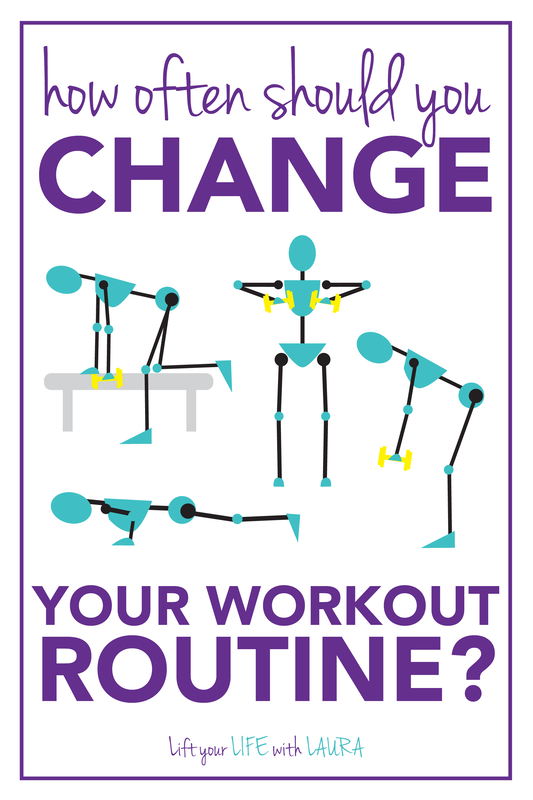
The variety of personal training jobs available in Hawaii offer a wide range of possibilities, including helping clients recover from injuries and getting them healthier. You could also work in a resort setting where you can assist both locals as well as tourists. You may even be able to work remotely, which can help you make the most of your work-from-home lifestyle.
Average salary for personal trainers in Hawaii
It can be very rewarding to work as a Hawaii personal training coach. However, certifications and training are essential. There are several universities and colleges accredited in Hawaii that can offer a degree or certificate in fitness training. These programs are typically two- to four-year long and can include coursework in physiology and nutrition as well as fitness theory.
You must have a degree in a related field to become a personal coach in Hawaii. This type of job has many possibilities in Hawaii, including one branch of the 24-hour Fitness chain. At the Honolulu Club a large gym employs 14 highly-experienced personal trainers. Personal trainers in Hawaii will work with both locals as well as tourists.

Hawaii is one the most beautiful and healthiest places to work. You can become a personal trainer in Hawaii and make a very good living. As of May 27, 2021, the average salary for a personal trainer in Hawaii is $65,550. Your salary will vary depending on where you live, how much experience you have and what certifications or degrees your hold.
The education required to become an instructor in Hawaii
There are many colleges and universities in Hawaii that offer degree programs for personal trainers. The degree can be earned in a traditional classroom or online via blended learning. You can choose from physiology, exercise science, or kinesiology to complete your Hawaii personal training certification.
Hawaii has a low incidence of obesity, so many residents are looking for personal coaches to help them achieve their fitness goals. A personal trainer will work with clients to improve their health and provide nutritional advice. Personal trainers can help people overcome physical limitations such as injuries and improve their physical fitness.
Personal trainers in Hawaii are among the most highly paid in the country. On May 27, 2021 Hawaii's personal training staff earned an average of $65,550. The pay range differs significantly based on education level, certifications, years of experience, and location.

Personal trainer jobs in Hawaii
Hawaii is in high demand for personal coaches. It can offer a lucrative career. According to the Bureau of Labor Statistics in 2013, personal trainers from non-metropolitan regions earned the fifth highest average national salary. Hawaii has a high level in physical fitness and a healthy lifestyle. There are many opportunities to become a personal trainer.
There are many universities and colleges that offer training in this field. For example, the University of Hawaii at Manoa provides a Bachelor of Science Degree in Kinesiology Rehabilitation Science. Brigham Young University offers an Exercise and Sport Science Bachelor of Science. Both schools offer intensive courses on exercise science, psychology and sports physiology.
Personal trainers can be found in gyms or fitness centers. Personal training and exercise plans are used to improve clients' overall health and fitness. A personal trainer in Hawaii can also help people lose weight by providing advice on proper diet and nutrition.
FAQ
Why is physical exercise important?
Fitness is crucial for our health. To maintain our strength, flexibility and weight, as well as our cardiovascular system, we must exercise regularly. Exercise is also good for our sleep, stress reduction, self-esteem and energy throughout the day.
Do I need to get warm before going out?
Warming up before an activity can reduce muscle soreness, improve performance, and help to prevent injury. Warming up can be done in many ways: running, walking, jumping ropes, stretching and cycling are all options. You should start slow and gradually increase your speed and intensity.
What is exercise good for?
Exercise can help you lose weight. Build muscle mass, increase energy, reduce stress, and improve quality of your sleep. The benefits of exercise include improved moods, better self-esteem, increased productivity, and reduced risk of heart disease.
Statistics
- Adolescent girls were less active than adolescent boys, with 85% vs. 78% not meeting WHO recommendations of at least 60 minutes of moderate to vigorous intensity physical activity per day. (who.int)
- One study showed that adults who watch more than 4 hours of television daily had an 80% higher risk of death from cardiovascular disease. (heart.org)
- Physical activity confers the following maternal and fetal health benefits: a decreased risk of pre-eclampsia, gestational hypertension, gestational diabetes (for example, 30% reduction in risk) (who.int)
- In high-income countries, 26% of men and 35% of women were insufficiently physically active, as compared to 12% of men and 24% of women in low-income countries. (who.int)
External Links
How To
How to keep fit while pregnant
Your body experiences many changes when you are pregnant. Your metabolism slows down, and you eat less because you're growing a baby inside you. You might even start to feel sick if you don't get enough sleep. There are many ways to keep your health in check while still enjoying this wonderful time of your life.
First, consult your doctor before you begin any exercise program. Your doctor can help you decide which exercises are safe and which should be avoided. Second, make sure you eat well throughout your pregnancy. This includes eating plenty iron, fiber, and protein. Third, you should drink lots of fluids. It's especially important to drink water when you're exercising since you lose a lot of fluid through sweat. Also, care for your feet. You should always keep your feet dry, and wear shoes that provide support. Morning sickness can be caused by eating small amounts of bread or crackers before you get out of bed. You could feel nauseated.
-
Healthy eating is key. A healthy diet is crucial throughout the entire pregnancy.
-
Stay Active. Get active for at least 30 minutes each day.
-
Keep a healthy weight By eating smaller meals and snacks, you can lose weight.
-
Get Enough Sleep. You should aim for 7-9 hours sleep every night.
-
Manage Stress. Learn relaxation techniques.
-
Avoid Alcohol. It can cause miscarriage or birth defects.
-
Be gentle with yourself. Don't push yourself too hard.
-
Take Care of Yourself. When you are feeling unwell, have someone come to your aid.
-
Relax. Do what makes you happy.